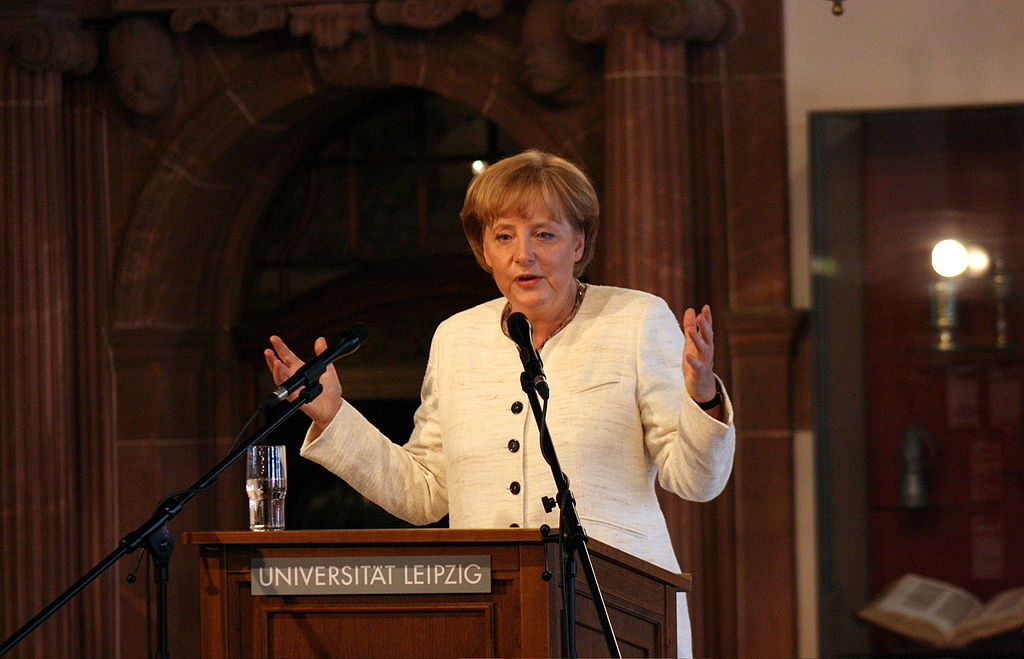Angela Merkel – A Portrait

world’s most powerful woman Federal Chancellor of Germany Dr. Angela Merkel
Oberservers say there has been an immediate sympathetic atmosphere when the Indian Prime Minister Manmohan Singh first met his German counterpart Angela Merkel at the Hannover Trade Fair in April 2006. He – the Sikh from Punjab- and she – the protestant woman from eastern Germany. Both not being the typical representatives of their state and only shortly in office. Both looking back at academic careers, making their way to politics through powerful mentors. He is internationally regarded as the architect of the reforms helping the Indian economy to grow like never before, she was considered to be the “World’s Most Powerful Woman” at present in Forbes Magazine.
Childhood in communist Germany
Merkel was born in Hamburg. When her father, a Lutheran pastor, received a pastor ship at the church in a small town in the state of Brandenburg, the family moved to Templin, north of Berlin- which was at that time considered communist East Germany. Even today that connection to her roots has quite an importance to Angela Merkel. She once said: “I consider it very important for political leaders, even when they are in government, to have a local voting district.” After spending her childhood in a small town, Merkel studied physics in Leipzig and earned her Ph.D. at the East German Academy of Sciences based on a doctoral thesis on quantum chemistry. And after being rewarded the doctorate, she worked in the research field.
At the age of 35 Angela Merkel got involved in the growing democracy movement after the fall of the Berlin Wall in 1989. She joined the newly established party Demokratischer Aufbruch- Democratic Awakening. After the collapse of the communist regime, she appeared on the political stage for the first time. Following the first democratic election of the East German state, she became the deputy spokesperson of the new pre-unification caretaker government. At the first pre-unification general election in 1990 she was elected to the Bundestag and her party merged with the West German CDU (Christian Democrats).
Kohl’s Girl
Shortly after this, Angela Merkel’s career took off. The West German Chancellor Helmut Kohl named her his Minister for Women’s and Youth Affair. In 1994 she became Minister for Environment and Reactor Safety and was the youngest minister in Helmut Kohl’s 3rd cabinet. As his protégées, the media called her “Kohl’s girl”. During this time she surely gained a greater political visibility and a platform on which she could build her political career. Despite her male colleagues Angela Merkel was not trying hard to earn political prominence, she was rather pulling the strings strategically from behind. She first came to prominence during the CDU party slush scandal by criticizing her former mentor Helmut Kohl and advocating a fresh start of the party without him. When Kohl lost the election in 1998, Merkel was named the Secretary-General of the CDU. In 2000 Merkel was elected to become the CDU party chairman, thus becoming the first female chair of her party. Even though opponents stated that she lacked all the attributes which are necessary to become a successful politician since the hasn’t been a member of the Youth Association of her party and thus didn’t seem to have a broad base of political contacts. And as a protestant lady she doesn’t quite fit the original composition of the party: the CDU is a male-dominated, socially conservative party with deep Catholic roots. But as the leader of the CDU Merkel enjoyed more and more popularity. From 2002-2005 she was the chairwoman of the CDU-CSU (Christian Social Union-sister party of the CDU) parliamentary party group.
First Female Chancellor
In the federal election in November 2005 Merkel ran against former Federal Chancellor Gerhard Schröder. She won, became Germany’s 8th post-World War II leader and now leads Germany’s Grand coalition. Dr. Angela Merkel is simultaneously the first female Chancellor of Germany since it became a modern nation-state in 1871 and also the first eastern German to hold the office. She is the youngest person to be the German Chancellor since the Second World War. And in 2007 she became the second woman to chair a G 8 summit after Margaret Thatcher. As a strong self-confident female politician from a centre right party and a scientist, Merkel has been compared by many to the former British Prime Minister Thatcher. After her election Social Democrat Peter Struck pointed out: ”Any woman who can fight her way to the chancellorship of the Christian Democratic Union has certain strengths!” Observers say she will surely need her reputed toughness to push fundamental reforms through while holding a potentially fractious Grand coalition with the Social Democrats together. When Merkel became Chancellor two years ago Germany had the lowest economic growth in Europe. Thus she announced in her first government address the objective of improving the German economy and reducing unemployment. In early 2006, polls showed that Angela Merkel had the highest approval rate among Germans ever to be recorded for a chancellor since 1949. However her popularity has fallen and risen on and off since then.
On the way to India
India has been a stranger for Angela Merkel so far. But her visit to the Asian country is coming up soon: in autumn of this year Germany’s Chancellor will join a business delegation to visit India. It will be her first visit to India.
Text: Daniela Singhal
Bild: Angela Merkel after receiving an honorary doctorate at Leipzig University
Episode 12/21: The Wisdom Workshop “Rethinking Business in Family Businesses” with Daniela Sarrazin (Interview in German)
By nature, Daniela Sarrazin is a down-to-earth person who is characterized by passion, courage, a strong will and clarity. Her heart beats for building bridges between generations as well as for the desire to open new doors for people and thus enable growth and self-determination. Life has shown her that it is important to live in the here and now and to let the past be and the future come to you.
Her guidelines for her actions and doings – also for today’s podcast titled “Rethinking Business in Family Businesses – are:
In motion, something gets moving. Water always finds a way. Follow it and you will find yours. Value creation through appreciation. Development in family businesses.
Listen to what the successful leadership developer and coach has to say.
Episode 11/21: The Wisdom Workshop 4th Interview with Ajahn Michael on “Forgiveness” (Interview in German)
“Forgiveness is a coping strategy to be able to mentally accept an actual or assumed wrongdoing of others without expecting any reaction from the other (such as an admission of guilt, remorse, apology) or demanding justice (retribution, prosecution).”
But the question arises, how exactly do I go about doing this? That’s what I’m talking about with Ajahn Michael.
Enjoy listening.
Episode 10/21: The Wisdom Workshop 3rd Interview with Ajahn Michael on “The Dependent Arising”
Whatever happens, happens because (under all the circumstances that could have been present) the very circumstances were present that led to the specific occurrence of the event.
This is about pure non-judgmental observation of the movements of our mind, which leads to understanding the impersonal nature of the process of arising of thoughts, feelings or emotions, as the whole chain of Dependent Arising sets it out, and the Four Noble Truths. It is about realization of the True Nature of things.
(From the course materials of Ajahan Michael)
Episode 9/21: The Wisdom Workshop Interview with Rolf Lutterbeck about “Consciousness Development” (Interview in German)
Rolf Lutterbeck, computer scientist, former executive, today systemic coach and trainer talks about the different levels of consciousness. We talk about the different perspectives that can be taken from level to level and what influence this has and can have on business and politics. What is needed for a hopeful future for future generations?
Thank you, dear Rolf, for your deep friendship. It’s nice that we know each other!
Enjoy watching the video, which is accompanied with really informative slides.
Episode 8/21: The Wisdom Workshop 2nd Interview with Ajahn Michael “How does suffering arise?” (German)
Why does Buddha define complaining, birth, sorrow, etc. with the term “suffer”? You could say that these terms lead to suffering. Actually, they are not suffering per se. But Buddha defined it as above. Why? This is one of the questions Ajahn Michael has long asked himself. Through long research in neurology, psychotherapy and psychopathology, he has found tools to exactly understand this. He shares his interesting discoveries with us in this interview. Especially the discovery that Buddha’s teachings are congruent with the aforementioned sciences.
This interview is a continuation of the first interview with Ajahn Michael. But it stands for its own and can therefore be watched independently.

